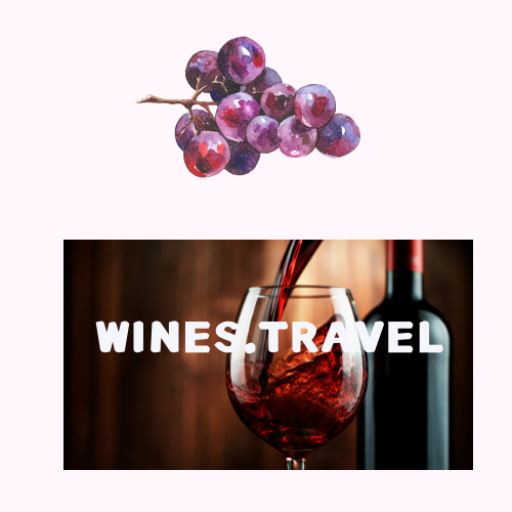
The Decanter interview: Paul Symington, CEO Symington Family Estates
After 40 years working for the family firm, Symington Family Estates CEO Paul Symington retires this month. At a recent tasting of vintage Ports and aged tawnies, and in a follow-up phone conversation with Amy Wislocki, he explained passionately why the Douro must change…
On the face of it, the Port houses and farmers of the Douro have much to celebrate this Christmas. Vintage Port is enjoying a renaissance, with the excellent 2016s selling out within a few months of release earlier this year, and the 2007 and 2011 vintages fetching high prices on the secondary market. The popularity of tawny Port is also booming – worldwide sales grew by €21.3m between 2010 and 2017, according to Port Wine Institute figures.
Yet there is a chill wind blowing. Vintage Port accounts for just 6% of sales by value, with tawnies adding little more; and the fortified wine category as a whole is in decline. The industry faces unprecedented challenges, outlined by Symington in a compelling article he wrote for Portuguese national newspaper Público last autumn.
‘The Douro is the largest area of mountain vineyard on the planet, and is entirely hand picked due to the steep inclines, at very low yields,’ he explains. ‘It costs around 90 cents to grow a kilo of grapes in the Douro, compared to around 30 cents per kilo in Chile, 40 cents in France, and 29 cents in Spain. And yet you can find a good bottle of Douro table wine on UK supermarket shelves for around £7. This is because grapes for table wine are being sold below the cost of production. We have to educate consumers that these extraordinary wines from the Douro are worth paying a higher price for – otherwise it’s not sustainable. Real costs have to be reflected.’
Strict quotas and yields
The law is also at fault, argues Symington, who is hopeful that the Government has listened to the case for change and will work to address the severe distortions that have arisen from having two great wines – Port and Douro table wines – with very different regulatory systems. The production of grapes for Port is governed by strict quotas and yields, and so farmers typically receive around €1.40 per kilo, whereas the production of grapes for table wine is not subject to the same limitations, with price determined by the free market. As a result, the typical price per kilo received by farmers for table wine grapes is around €0.25 to €0.40, well below the cost of production.
‘There are currently 21,426 farmers in the Douro, 43% of whom own less than 0.5ha of vines,’ says Symington. ‘Despite owning two times more vineyard than any other shipper, we work ourselves with 969 farmers. The viability of their businesses is crucial, or the Douro will revert to scrub.’
In a perfect storm of circumstances, the farmers’ livelihood is complicated by other factors, too. Their number is declining drastically and their average age is growing. Many smallholdings are underequipped and their future is increasingly doubtful as the younger generation flocks to the cities or coast to find easier work. The growing hospitality and tourism industries are attracting many young workers, thereby creating a severe labour shortage in the same vineyards that visitors to the Douro so admire.
One of the largest European wine-growing areas
It’s also worth noting that the Douro is one of the largest wine-growing areas in Europe, with 43,479ha of vineyard – almost half of the vineyard area of the whole of Germany. ‘The region certainly has too many vineyards to be managed by hand, so we need a natural reduction in the vineyard area,’ Symington states. He recommends a slow reduction of the area farmed by around 5,000ha over the next decade, with a system whereby elderly farmers who have no successors and/or do not wish to continue can be adequately compensated for abandoning their vineyard.
As Symington steps down to spend more time in his own vineyards, it’s clear that this beautiful wine region is at a crossroads. ‘For too long too many people have viewed the Douro as a mysterious, remote but beautiful time warp where Port and table wine can be made cheaply. The last two harvests have shown that change is imperative if the unique wines from our low-yielding indigenous vines and extraordinary schist soils can continue to be made.’

